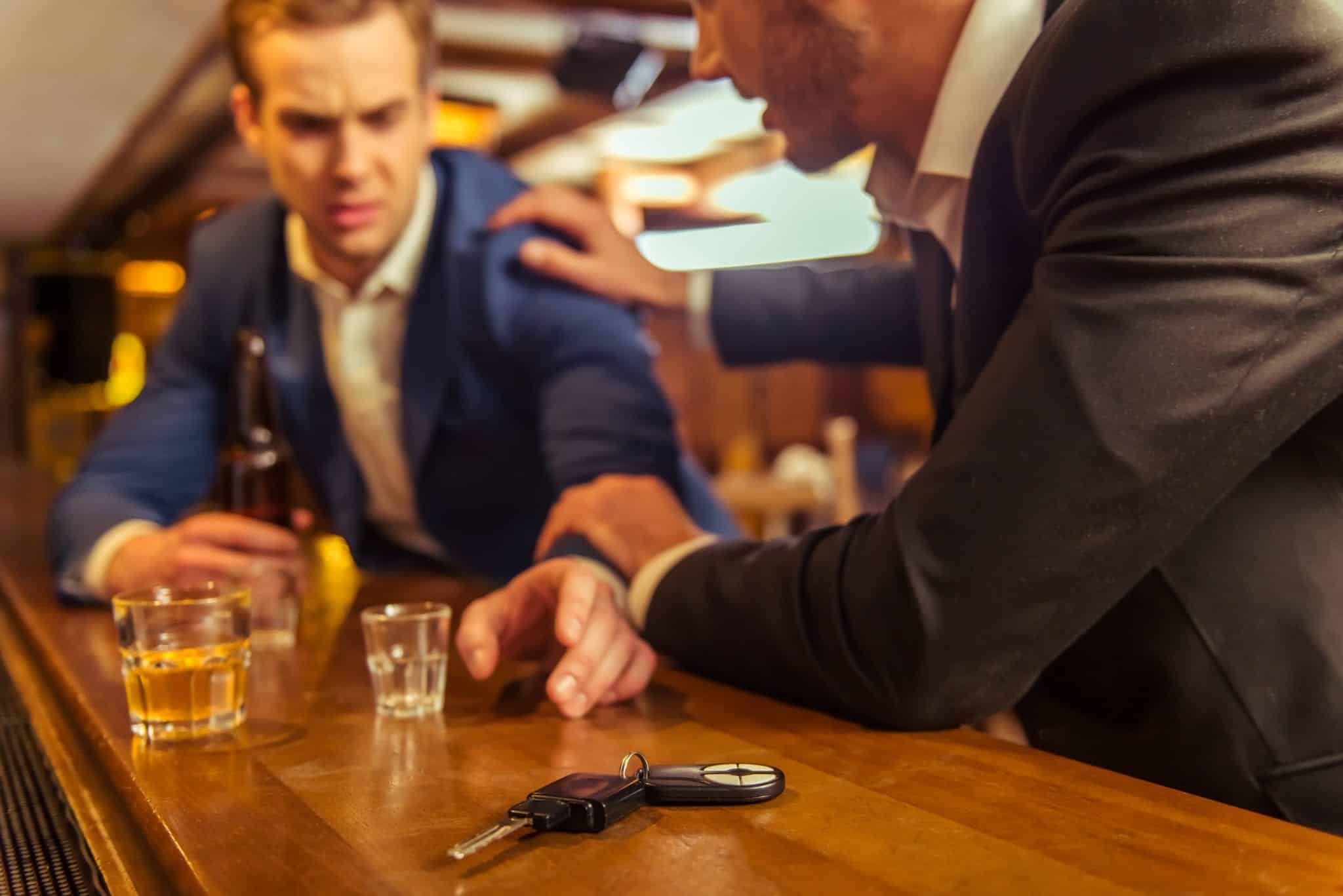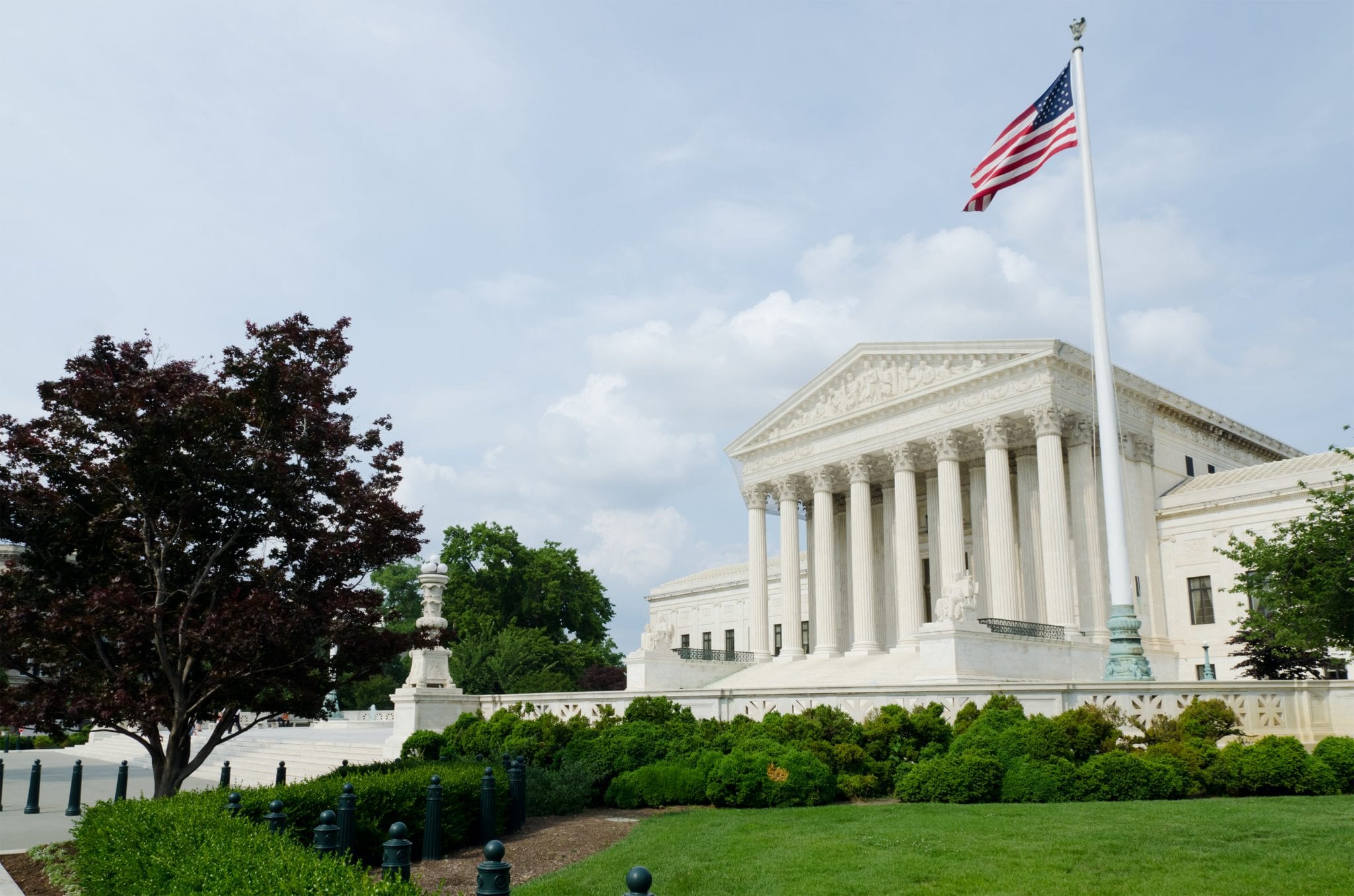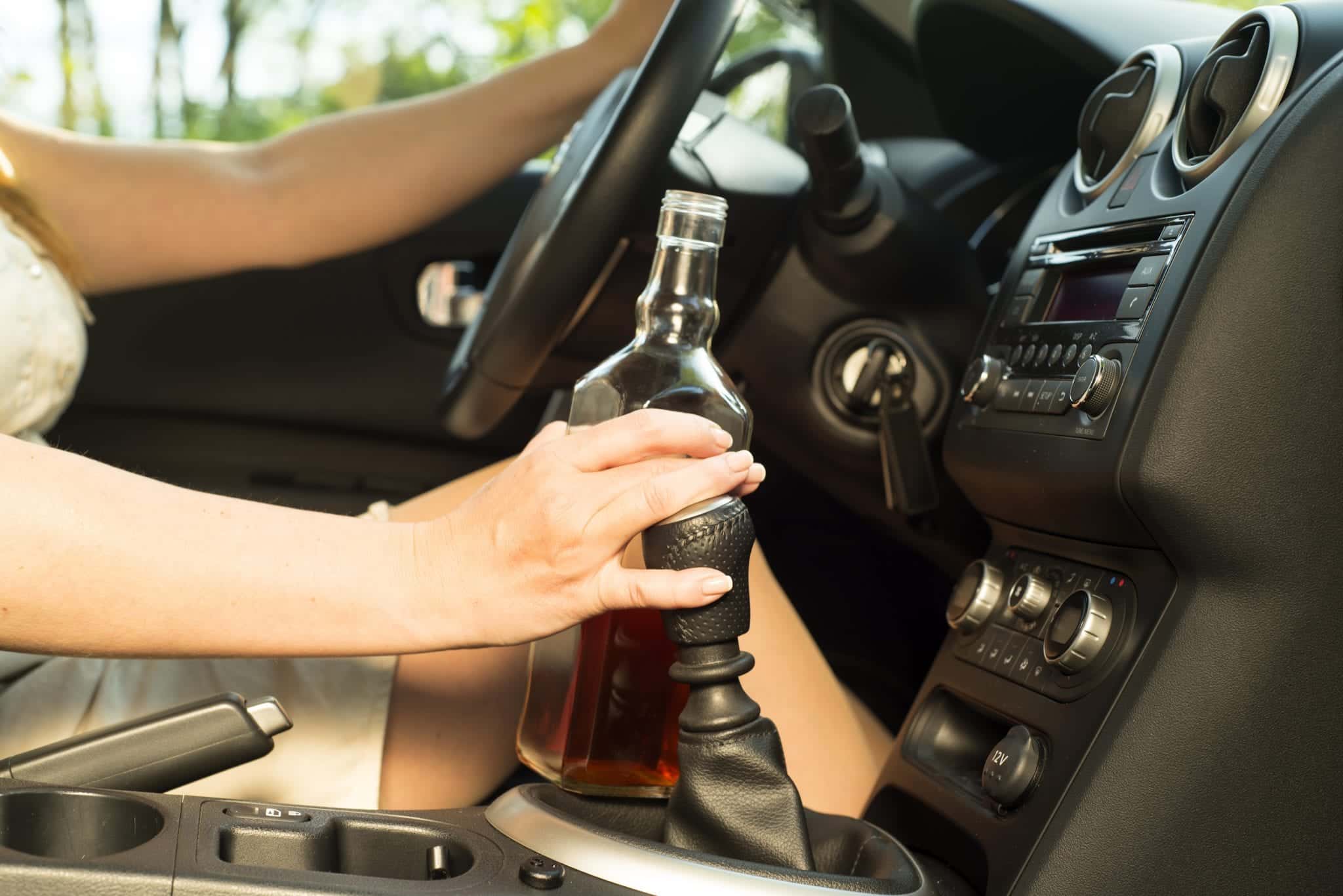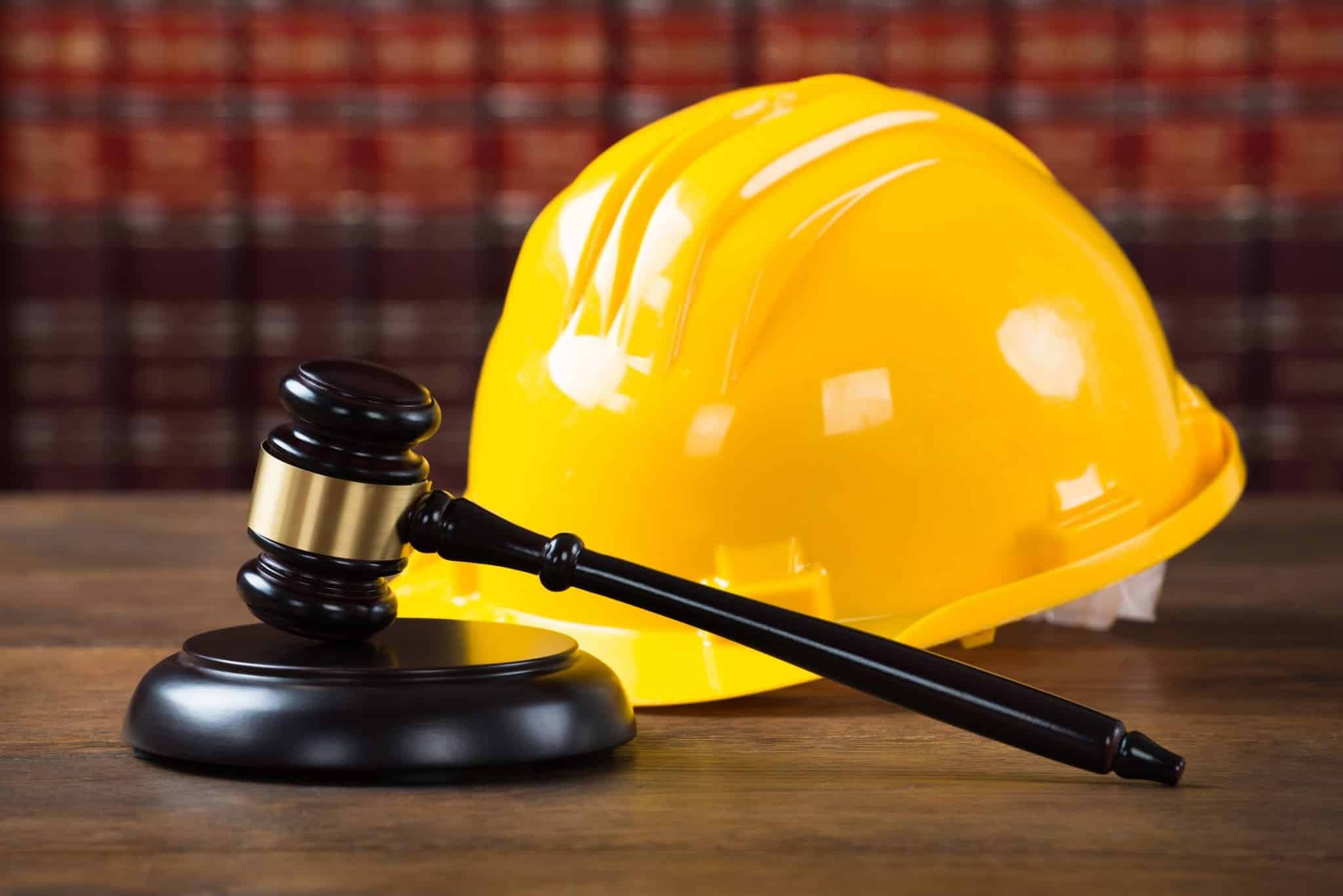Eyewitness testimony is crucial to the functioning of our justice system. However, it is also often hopelessly incorrect. This can wreak havoc when it comes to personal injury claims that rely on eyewitness testimony to prosecute or defend.
Many people think human memory works like recording and then playing back a video tape. This isn’t even close. We each only remember a small portion of our experiences from the start, and memories fade as time goes on. Studies have also shown that memories can change dramatically over time, and be heavily influenced by post-event information.
In fact, each time we remember something, we are actually only remembering the last time we thought of it rather than the original event. Each time a person’s brain retells the story, the story changes a little, and that is what the new memory becomes. Essentially, memory works a lot like the telephone game that you may have played as a kid.
The inherent problems of eyewitness testimony have long been recognized. In 1908 the famous psychologist Hugo Munsterberg wrote: “[I]n a thousand courts at a thousand places all over the world, witnesses everyday affirm by oath . . . mixtures of truth and untruth, combinations of memory and illusion, of knowledge and of suggestion, of experience and wrong conclusions.”
Those words are as true today as they were then. It is crucial for attorneys relying on eyewitness testimony – or contesting it – to be aware of the common reasons such testimony can be wrong. The experienced attorneys at Williams Elleby Howard & Easter, defend the veracity of reliable eyewitness testimony for their clients and aggressively question eyewitness testimony used against their clients.
Common Causes of Eyewitness Error
• Faulty perceptions. Before a person can even form a memory, they first need to perceive something by seeing, hearing, smelling, tasting, or feeling it. This can sometimes be problematic. The way people perceive things depends on their past experienced, biases, and expectations.
• The frailties of memory. Memories also fade over time, and as discussed above, can even become distorted. It is also much more difficult for people to form accurate memories of fast-moving events. Stress can also inhibit a person’s ability to form reliable memories.
• Post-event misinformation. Studies have shown that peoples’ memories can be shaped by information they learn later. For instance, a witness to an accident may originally not be sure which driver was at fault. If that witness is later exposed to information indicating that one of the drivers was drunk, they may suddenly ‘remember’ that driver was swerving erratically (even if they actually weren’t).
IF YOU HAVE A CASE INVOLVING EYEWITNESS TESTIMONY, CONTACT THE KENNESAW PERSONAL INJURY ATTORNEYS AT WILLIAMS ELLEBY
Eyewitness testimony is often a key part of a personal injury case. In some cases, there are multiple eyewitnesses who may not agree on exactly what they saw. Carefully examining the reliability of eyewitness testimony is important. If you would like more information about this issue or would like to discuss you case, contact Williams Elleby Howard & Easter at 833-LEGALGA to schedule a free consultation today.









